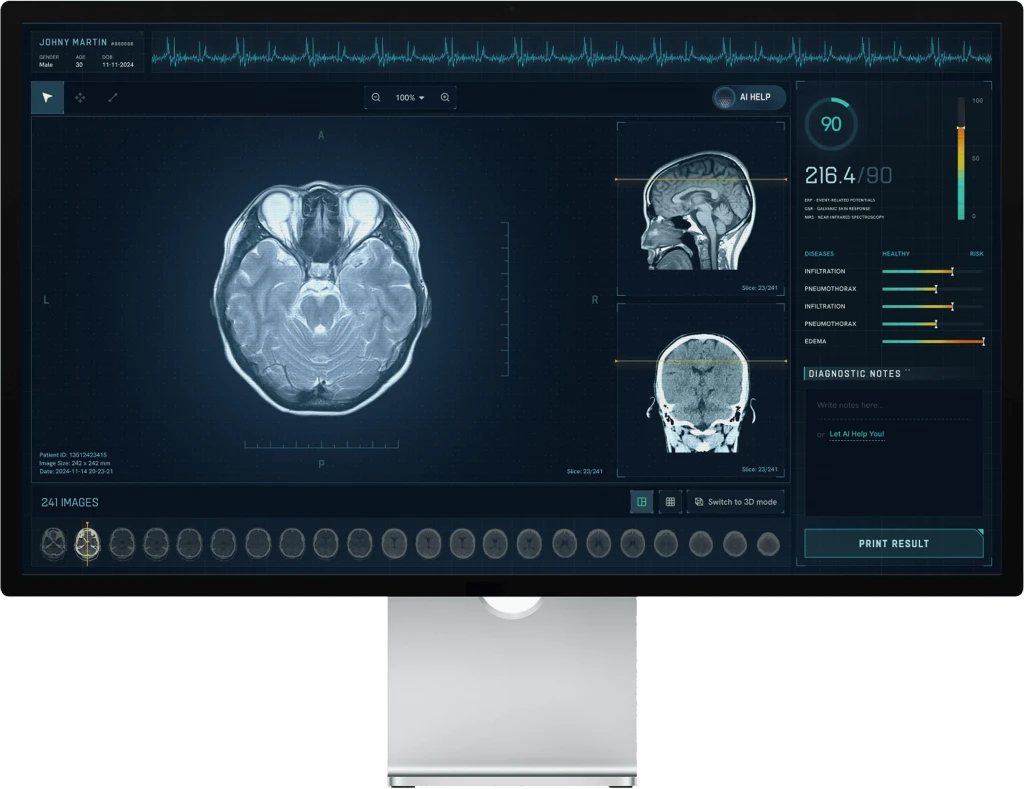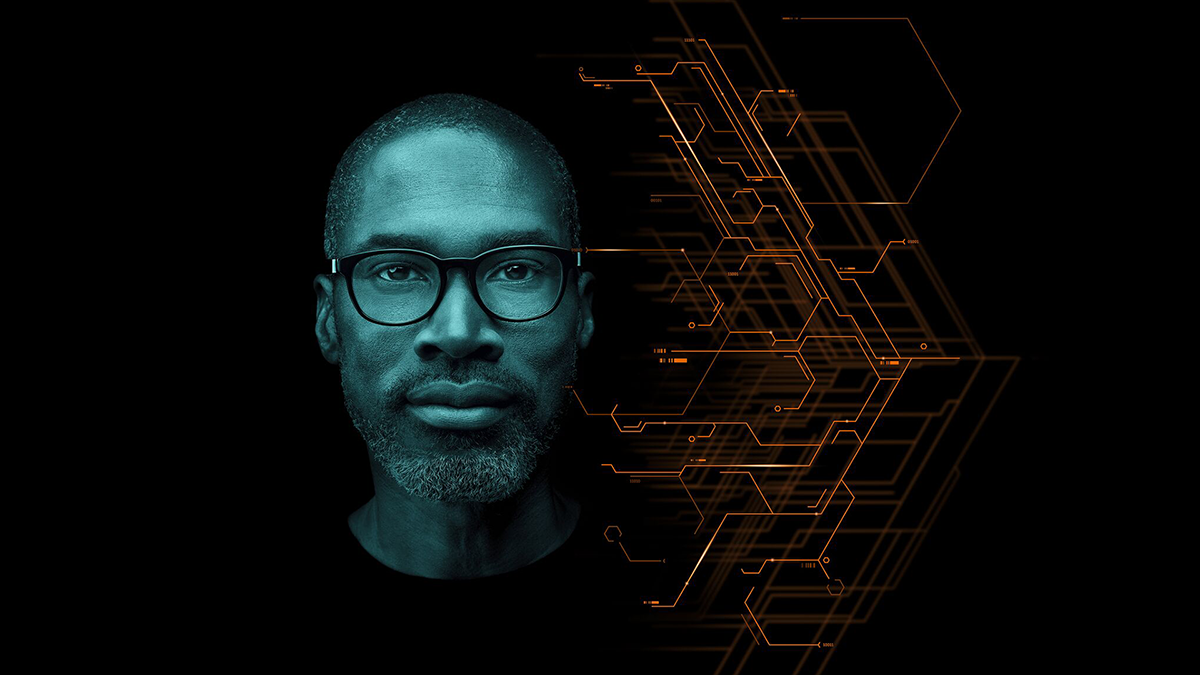.png)
Synapse
An AI-informed caregiver dashboard that translates EHR data and neuroscience into clear, actionable insights, empowering families to support TBI recovery with confidence and care.
Concept lead
Designer
Researcher
Figma
Cursor
OpenAI
PubMed
Notion
Coursera AI for Healthcare
Conceptual Prototype
5 Rehab nurses
2 Neurologists
7 Family caregivers
.svg)


